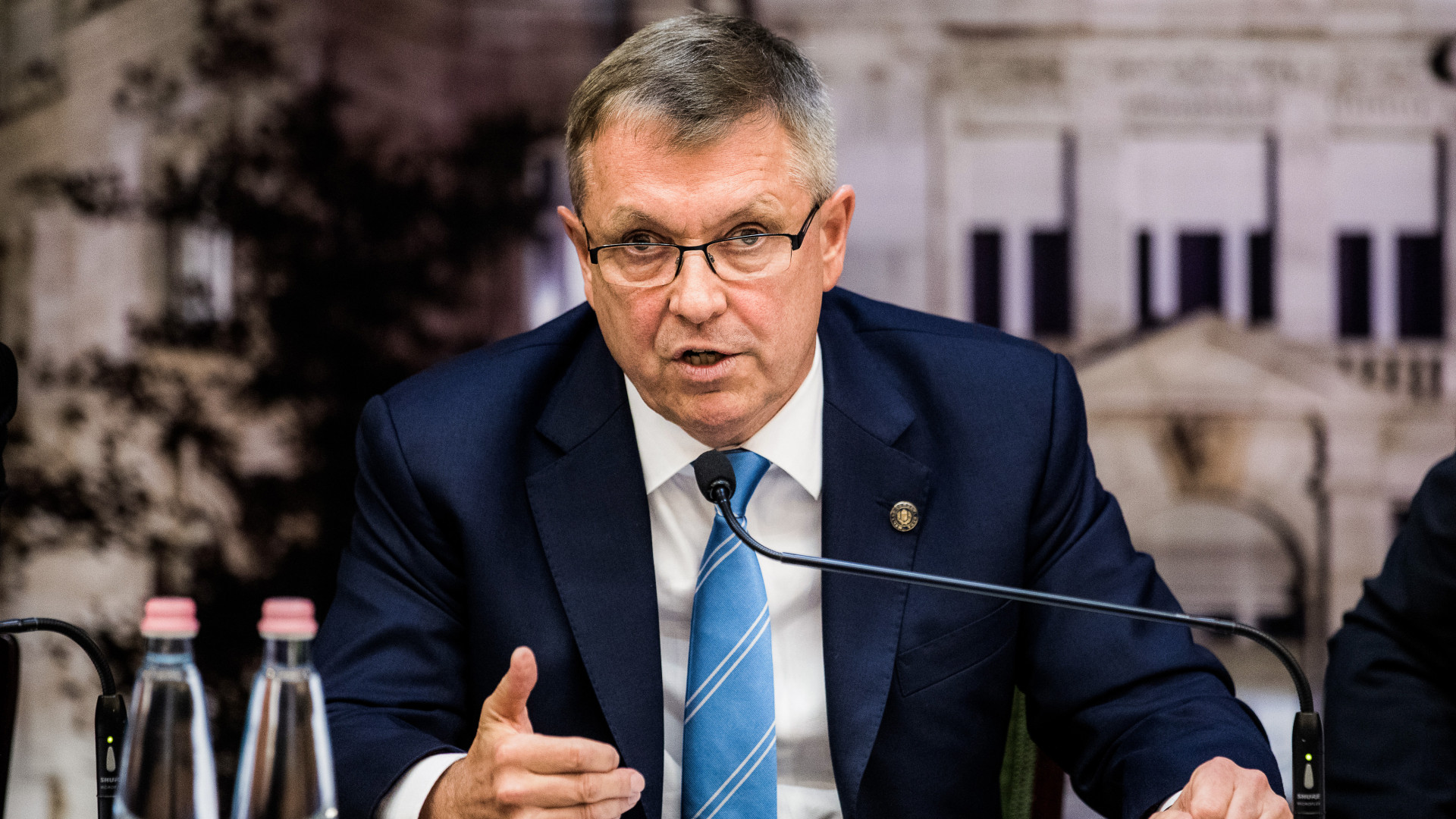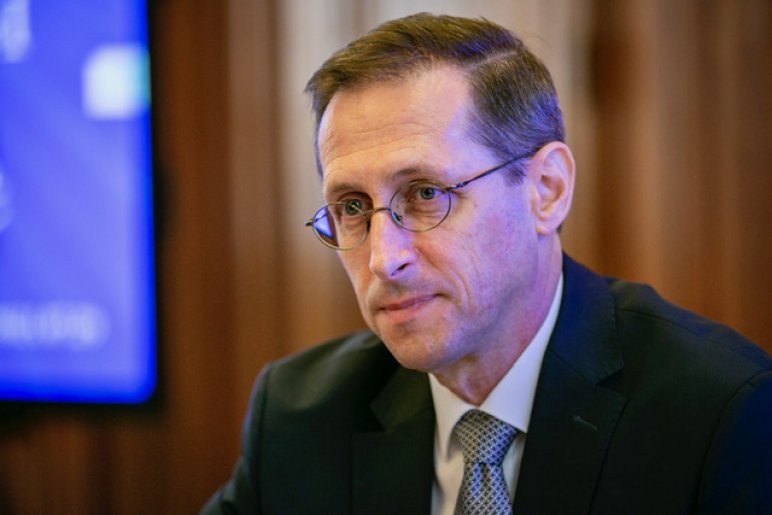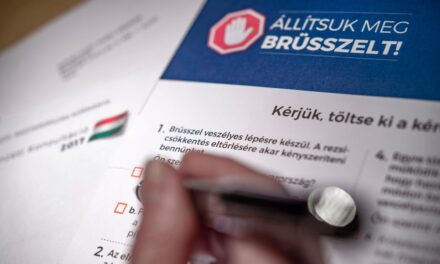The higher level of inflation is temporary, if the central bank uses the tools it has, then inflation can go back towards the 3 percent range in 2022 - explained the Minister of Finance in an interview with atv.hu, published on Monday.
Mihály Varga said: the Magyar Nemzeti Bank (MNB) has already taken steps to reduce inflation, it was the first among European banks to announce interest rate hikes.
According to the head of the ministry, the reduction of general sales tax (VAT) cannot significantly influence prices in the long term, it is decided by market processes, not the government's intention. He said that since 2013, the basis of the tax policy is that the revenues needed for the community's expenses, that is, the community resources needed for health care, national defense, public safety and education, are not collected from income tax or corporate profit taxes, but from consumption taxes.
The tax policy encourages work, which is why the VAT rate in Hungary is higher than the European Union average. However, we have lower or lower rates, in fact, the corporate profit tax is the smallest in Europe and the personal income tax is the third smallest - he pointed out.
The Minister of Finance indicated that if the rate of inflation is higher and the base interest rate is also higher, this will be reflected in the interest rates on loans. Now, the central bank had to consider how dangerous the level of inflation is in addition to the resumption of the economy, he said.
"I agree with the central bank that higher inflation can be a danger," he said.

Source: portfolio.hu
Regarding the criticisms of György Matolcsy, the president of the MNB, Mihály Varga emphasized that it would be a mistake to bring the public budget deficit below 3 percent as early as 2022, because it would involve austerity and curbing the growth that is starting. This is a restart period, the budget must implement a supportive and stimulating fiscal policy, he declared.
The Minister of Finance recalled that they are supporting the creation of jobs, making investments, tax reductions, and working on the reconstruction of the period after the economic downturn. Therefore, the deficit of the public finances will be higher, but it does not differ from the European Union average. He drew attention to the fact that it is worth reading the convergence programs of the V4 submitted in April, Hungary, together with Poland, will be the fastest to return to the 3 percent deficit level in 2024.
Brussels has not yet approved the 2,500 billion Hungarian recovery plan, and the finance minister explained that there were political obstacles. The problem is not with the economy or the composition of the recovery fund, but with the fact that the Hungarian government and the Hungarian parliament make decisions in a sovereign manner, which, although they are in line with the basic values of the European Union, do not please the politicians in Brussels, explained Mihály Varga.
"We are in a debate, but let's trust that the answers to the suggestions will be convincing," he said. He stated that the budget will fully finance the programs included in the recovery plan, after the approval in Brussels, the budget will be replenished with the incoming EU support. If necessary - if these discussions are not concluded by 2022 - the amount planned for the projects of the restoration program will be financed next year as well, the government has already decided on this, he said.
The Minister of Finance believes that a decision on the introduction of the euro in Hungary would be premature even in the 2022-26 parliamentary term.
Mihály Varga would vote yes for Hungary's accession to the EU in 2021, but he added that by the end of the decade, when, according to their calculations, the country will already be a net contributor to the EU, the issue may get a new perspective.
Source: Hírek Plusz , MTI, ATV
Featured image: MTI













